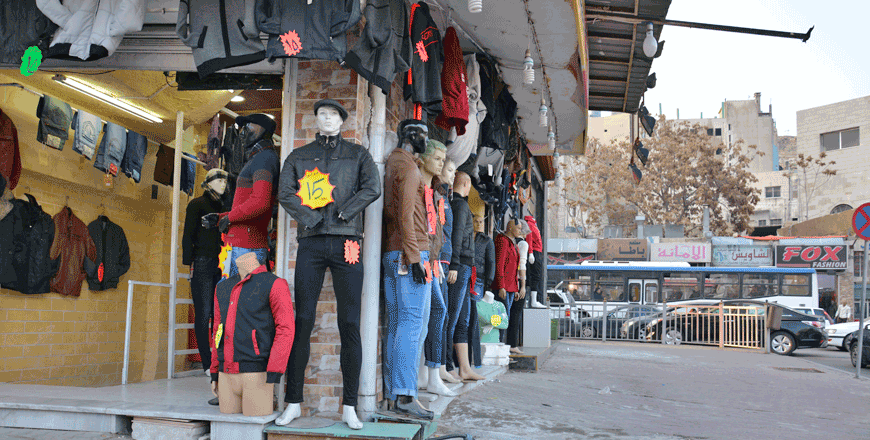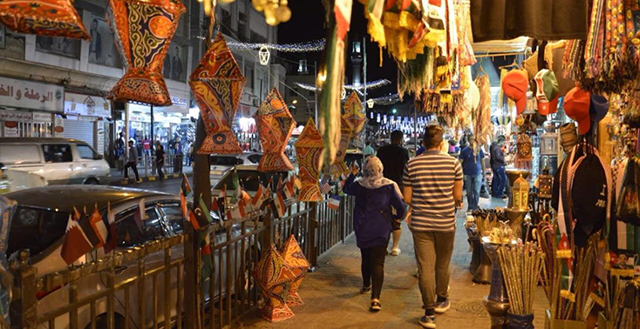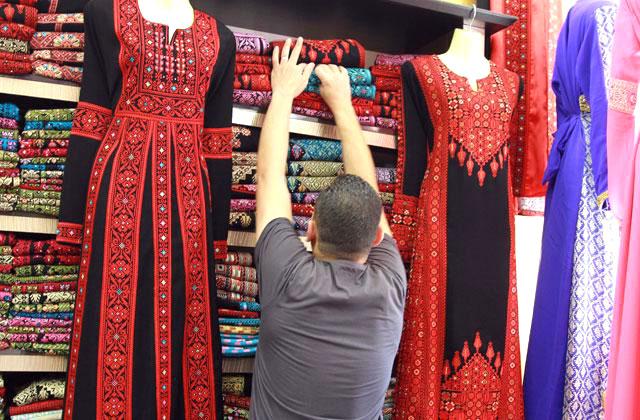You are here
Commercial sector representatives propose measures to boost local market activity
By Rana Tayseer - Apr 03,2024 - Last updated at Apr 03,2024
AMMAN — In a bid to stimulate commercial activity in the local market, representatives from various commercial sectors convened on Tuesday, underscoring the need for liquidity to counteract the current low demand.
The representatives proposed the postponement of bank loan instalments for both individuals and companies, a reassessment of customs and tax duties and a review of the general salary structure.
They also called for the introduction of social protection programmes and the development of specialised solutions that address the various challenges faced by each sector.
The representatives also emphasised the importance of adopting a trading strategy that would contribute to economic development, in addition to promoting Jordan as a promising investment opportunity and showcasing its advantages through major shopping festivals.
Hussein Shuraim, head of the Zarqa Chamber of Commerce, said that deferring interest-free loan instalments for individuals and companies would provide the necessary liquidity to stimulate trade.
Sultan Allan, head of the Clothing Textile Merchants Syndicate, suggested conducting a detailed study of the challenges faced by each commercial and economic sector. He also proposed the development of a specialised solution programme for each sector and the adoption of a trading strategy that contributes to overall economic development.
Allan also called for the rescheduling of loan instalments ahead of Eid Al Fitr. He also highlighted that the clothing sector, in particular, grapples with persistent issues such as postal parcels, the Landlords and Tenants Law, random licenses, and sales tax.
Ahmed Farraj, a Jordanian trader, told The Jordan Times that if loan instalments for merchants and citizens were postponed, it could lead to an increase in commercial activity, noting that merchants could provide more goods to customers, which would positively impact trade and enable citizens to purchase more goods.
Farraj also noted that market movement is minimal due to Eid falling in the middle of the month and the financial obligations and taxes on citizens despite prices being somewhat lower than in previous holiday seasons.
Ali Shomali, a salesman at a garment store in Amman, said that market demand is significantly lower compared with previous Eid seasons, attributing this to citizens choosing not to buy new clothes for Eid in solidarity with the people in Gaza amidst the ongoing war, coupled with the challenging financial situation and commitments faced by all.
Shomali added that postponing bank instalments might stimulate trade and market movement, albeit to a small extent, as it would enable people to have money on hand to meet their needs during this season.
Related Articles
AMMAN — Steep discounts are retailers’ last resort to counter the slump in apparel shopping and attempt to clear inventory off the racks, ac
AMMAN — Commercial sector representatives on Wednesday demanded the postponement of bank loan instalments for at least two months to help im
AMMAN — A clothing sector representative on Monday demanded allowing shops to fully open and to cancel the curfew imposed at midnight until


















